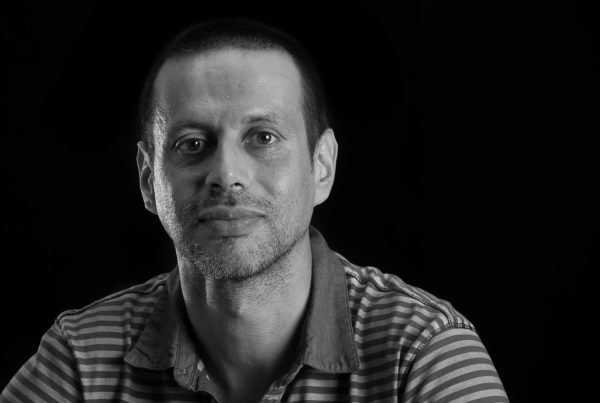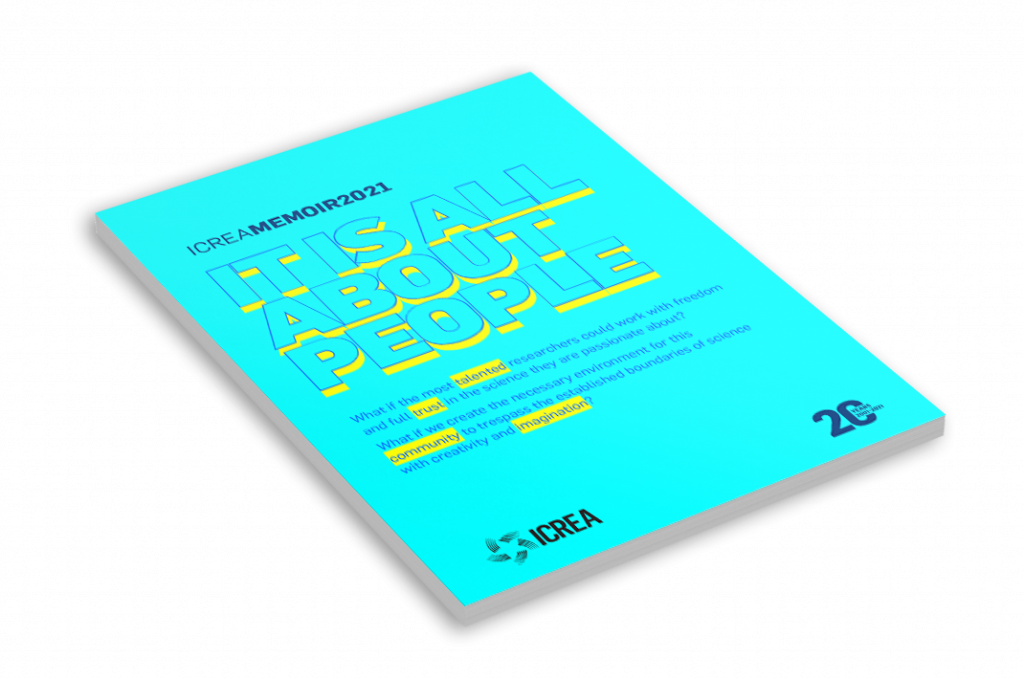After obtaining a PhD for research on fruitfly DNA binding proteins (CID-CSIC, Barcelona), he started to study malaria parasites. He worked for four years as head of the Molecular Parasitology lab at the Papua New Guinea IMR, where his research mainly focused on basic malaria parasite biology, but also on epidemiological aspects of the disease. Back to Europe, he joined the MRC-NIMR (London) as a postdoc for two years and a half to study gene expression and invasion of erythrocytes by malaria parasites. In 2006 he moved to IRB Barcelona with an ICREA junior contract. In 2011 he joined CRESIB-ISGlobal as a group leader, and in 2012 he was appointed ICREA Research Professor. The research of his team at ISGlobal focuses on the regulation of gene expression in malaria parasites, mainly on the mechanisms and functions of epigenetic variation, and on the transcriptional regulation of specific processes such as sexual conversion.


